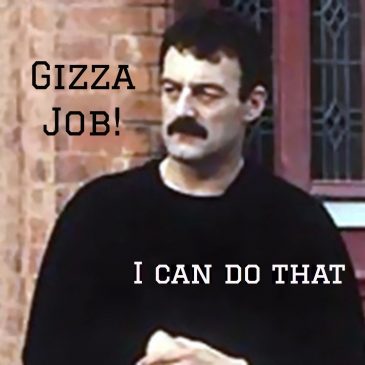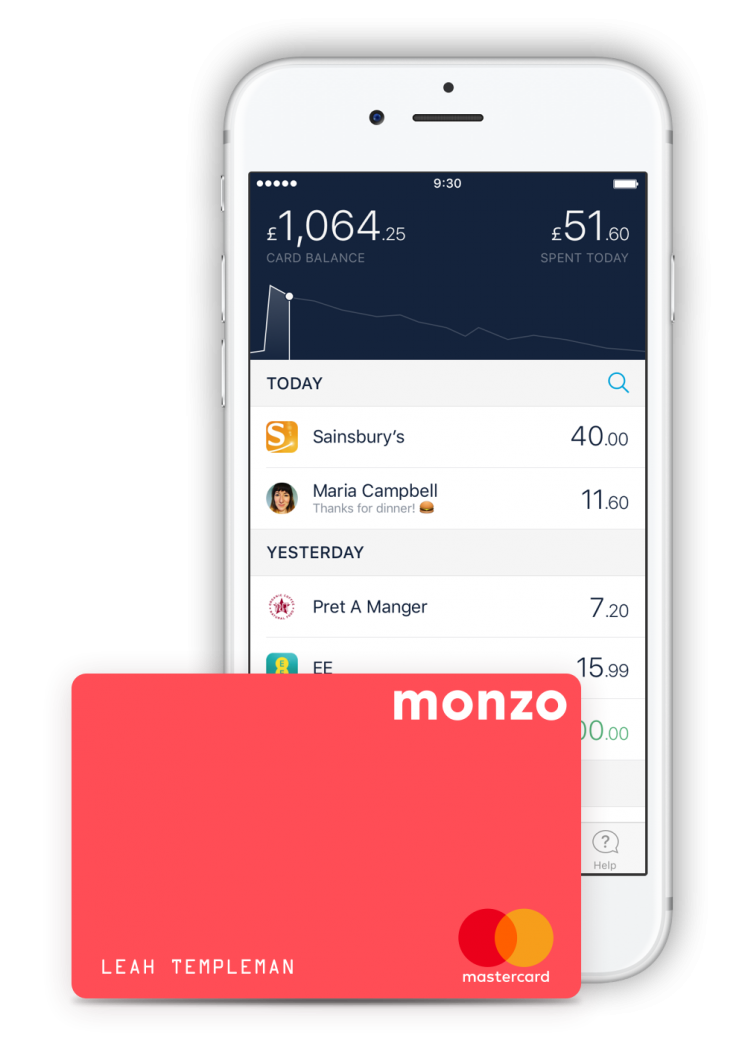
UP
On when to say no, narcolepsy, Monzo and Yosser Hughes
The old adage has it that any editor worth their salt should be able to get any text into a fit state for publication, regardless of its subject matter. An editor with an academic specialism in languages and the humanities should be able to sort out a typescript on quantum mechanics, just as a science specialist should be able to wrestle a biography of the sculptor Henri Gaudier-Brzeska into print-ready submission.

Well, up to a point. It is equally important to be aware of your strengths and weaknesses and not to take on work that you are not really comfortable with or – more difficult, this – interested in either. This is a hard truth for most of us freelances to accept, so desperate are we to say yes to anything that is dangled in front of us: however unbroken the stream of work may have been over the years (in my case, decades) you’ve been freelance, you never entirely lose the fear that the last piece of work you did may, well, be your last. So you end up taking on stuff that in other circumstances you would happily cross the road to avoid.
It’s a difficult lesson to learn, and a hard one to teach, too, as I’ve found when I’ve tried to build it into teaching/training seminars. People in paid employment normally nod their heads when I sound off about this, possibly because they have had some experience of selecting an editor to work on a text who really wasn’t up to the job. But those who work for themselves look anxious and uncertain at the news, immediately recognising that the implication would be to limit the scope of the work they could take on in future, thereby reducing their income stream. To sceptics, I point out that being unhappy doing a job generally leads to your doing that job less well than you, or your client, would like – so nobody gains from it. And then I offer my own position as an example.

In the 1980s there was a very influential TV series called Boys from the Blackstuff by Alan Bleasdale, which was about five unemployed Liverpudlian friends. One of them, Yosser Hughes, played brilliantly by Bernard Hill, desperate for work, would go up to people, ask them what they were doing, and then say “I can do that. Gizza [give us a] job!” The phrase became legendary.
I was never as desperate as Yosser Hughes but I certainly started off my freelance career with the arrogant assumption that I ‘could do that’, whatever that was – and for my sins I was rewarded with annual reports from financial companies and corporates, shareholder brochures for banks, and so on. Although clients from this world generally paid better than most of my normal rostrum of clients, the major benefit of this work for me was sleep. Chronic insomniac that I am, I find it takes only a single paragraph from a finance document before I’m away with the fairies. As a result, however generous the hourly rates might have been, these were probably never financially profitable projects – though I have never slept so well before or since.
I put a stop to it five years into my freelance activity, when the Charities Aid Foundation commissioned me to work on a book on Charities and Taxation. My job was to put the document into plain English, but to do that I first had to read and understand the original text and it was only minutes after I’d attempted to do so that my financial-literature-induced narcolepsy set in. I have not since worked on any annual report, financial summary or the like.

But now, to my dismay (though it should possibly be excitement), I might have to reconsider this position, because Monzo, the latest ‘bank of the future’, but one that looks as if it might just live up to that title, has published a set of brilliant instructions on how the bank should address its customers. In a style that is reminiscent of Innocent in its early days, the bank has provided its own excellent ‘Tone of Voice’ guidelines, essentially an internal document but one that Monzo is opening up for users and interested parties to have their say on. They are not prepared to limit their efforts to being ‘clear and simple’ – which they explain (damn them) by saying how few of their colleagues would be grateful for being described as ‘clear and simple’ (a point I’ve been making for far too long) – recognising that this is the minimum they should be aiming for, but they encourage colleagues to reflect back to customers the language the customer is happy to hear/read, to sprinkle a little magic dust (I prefer ‘oofle dust’, but few people get the reference now) on the whole communication in the form of positivity, ambition, transparency . . . You begin to get the idea. The only thing I have a minor issue with is their endorsement of emojis, which I generally avoid, but then I am as old as Methuselah, and Harry Ashridge, who is apparently responsible for compiling the whole thing, looks just out of university. I hate him a bit more every day.
If Monzo starts a new trend in the finance world, as Innocent did in the juice/smoothie arena, I might have to revisit my pledge never to work for finance companies again. Which might be good news for my revenue stream, but what’s going to happen to my sleep?

